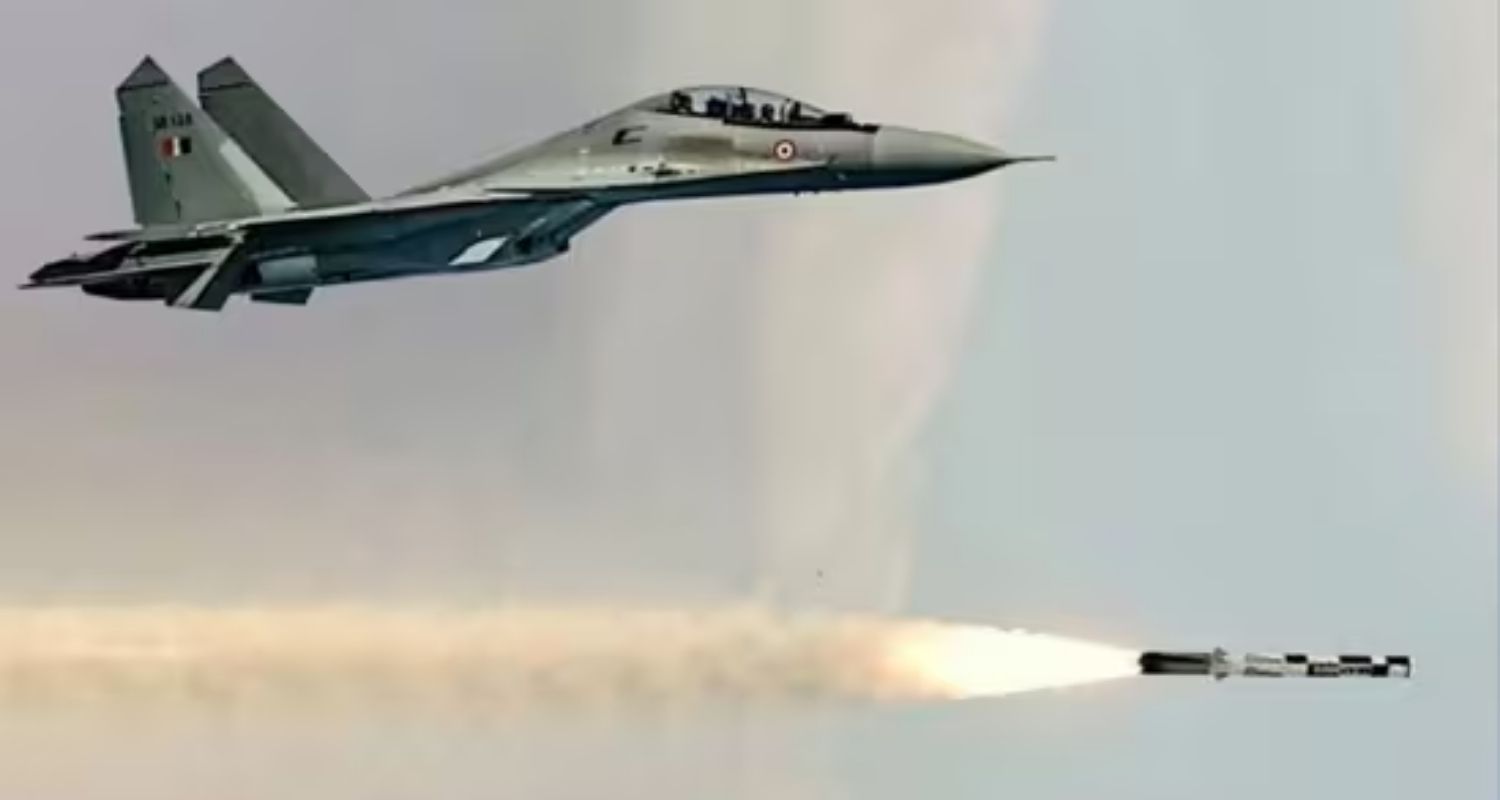The Defence Ministry of India on Sunday announced a significant policy shift to allow private sector participation in the development and manufacturing of missiles, artillery shells, ammunition, and ordnance. This move aims to ensure that India does not face shortages of critical firepower during prolonged hostilities, aligning with the nation’s broader push for self-reliance under the Atmanirbhar Bharat (Self-Reliant India) initiative.
According to sources familiar with the development, who requested anonymity, the ministry has amended the Revenue Procurement Manual (RPM) to eliminate the mandatory requirement for private entities to obtain a no-objection certificate (NOC) from the state-owned Munitions India Limited (MIL) before establishing ammunition manufacturing units.
This change opens the door for private companies to produce a wide range of munitions, including 105 mm, 130 mm, and 150 mm artillery shells, Pinaka missiles, 1000-pound bombs, mortar bombs, hand grenades, and medium and small caliber ammunition.

It has been learnt that the Defence Ministry has communicated to the Defence Research and Development Organisation (DRDO) its intention to involve the private sector in the development and integration of missiles. This decision stems from the recognition that state-owned Bharat Dynamics Limited (BDL) alone cannot meet the Indian armed forces’ growing requirements for advanced missile systems. The ministry’s move is driven by lessons from Operation Sindoor, which highlighted the critical role of stand-off weapons and long-range conventional missiles in modern warfare.
The sources noted that BDL and Bharat Electronics Limited (BEL), operating under DRDO, have been the sole manufacturers of missiles and surface-to-air missile systems such as Akash, Astra, Konkurs, Milan, and torpedoes. However, the evolving nature of warfare, as demonstrated during Operation Sindoor, where Pakistan deployed long-range Chinese air-to-air and air-to-surface missiles and rockets, has prompted the Modi government to encourage private firms to enter the conventional missile development space. Strategic missile development, however, will remain exclusively under DRDO’s purview.
Also Read: 4-5 Pakistani jets downed during Op Sindoor, confirms IAF Chief
Experts have emphasised that future conflicts will increasingly rely on stand-off weapons and anti-missile defence systems, rendering traditional fighter planes less relevant due to advancements in over-the-horizon surface-to-air missiles. A notable example cited was the Indian S-400 air defence system’s successful downing of a Pakistani electronic intelligence (ELINT) aircraft—either a SAAB AEW or Dassault DAC 20 ELINT—314 kilometres inside Pakistan’s Punjab province on May 10, during the height of Operation Sindoor skirmishes.
The decision to open both the missile and ammunition sectors to private players is driven by the need to ensure a robust domestic supply of critical defence equipment, particularly in the context of a potential prolonged conflict. The ministry aims to avoid reliance on foreign vendors, who often charge high premiums for emergency procurements. The global demand for missiles and ammunition has surged due to ongoing conflicts, including Russia’s war in Ukraine and Israel’s operations in Gaza, while Pakistan benefits from a steady supply of military equipment from China.
By fostering private sector involvement, the Defence Ministry seeks to enhance India’s defence preparedness, ensuring a steady supply of critical munitions like BrahMos, Nirbhay, Pralay, and Shaurya missiles. This strategic shift not only strengthens India’s military capabilities but also reinforces the Atmanirbhar Bharat vision by promoting domestic innovation and production in the defence sector.
Also Read: Won't hesitate, will cross any border to protect Indians: Rajnath


